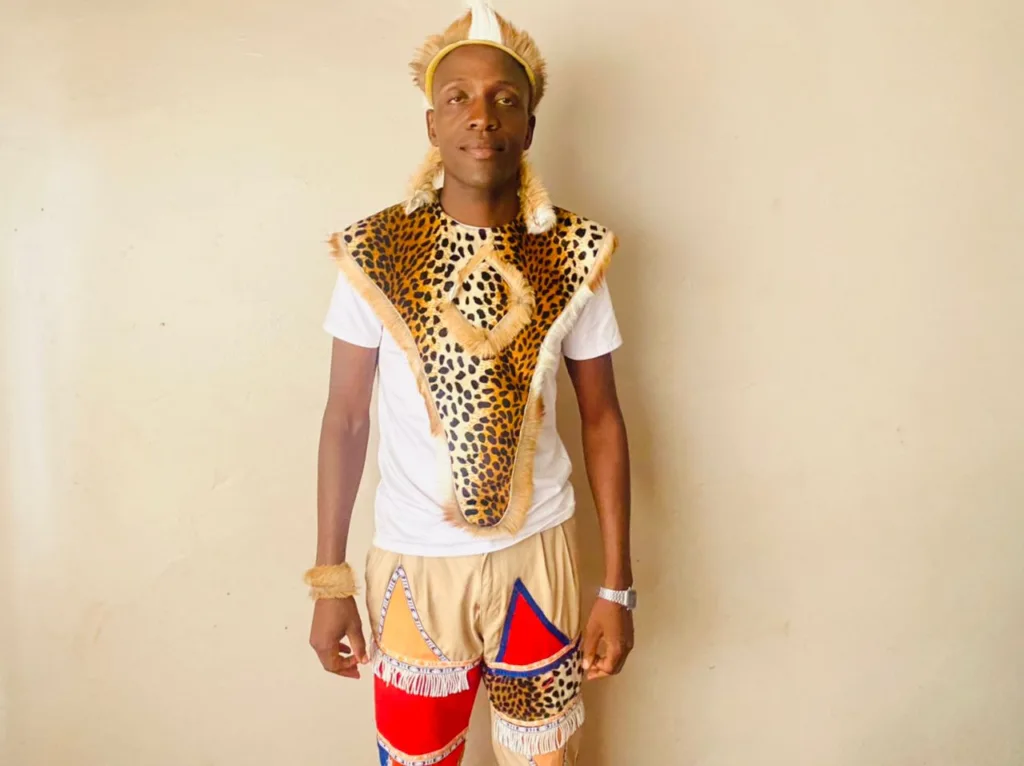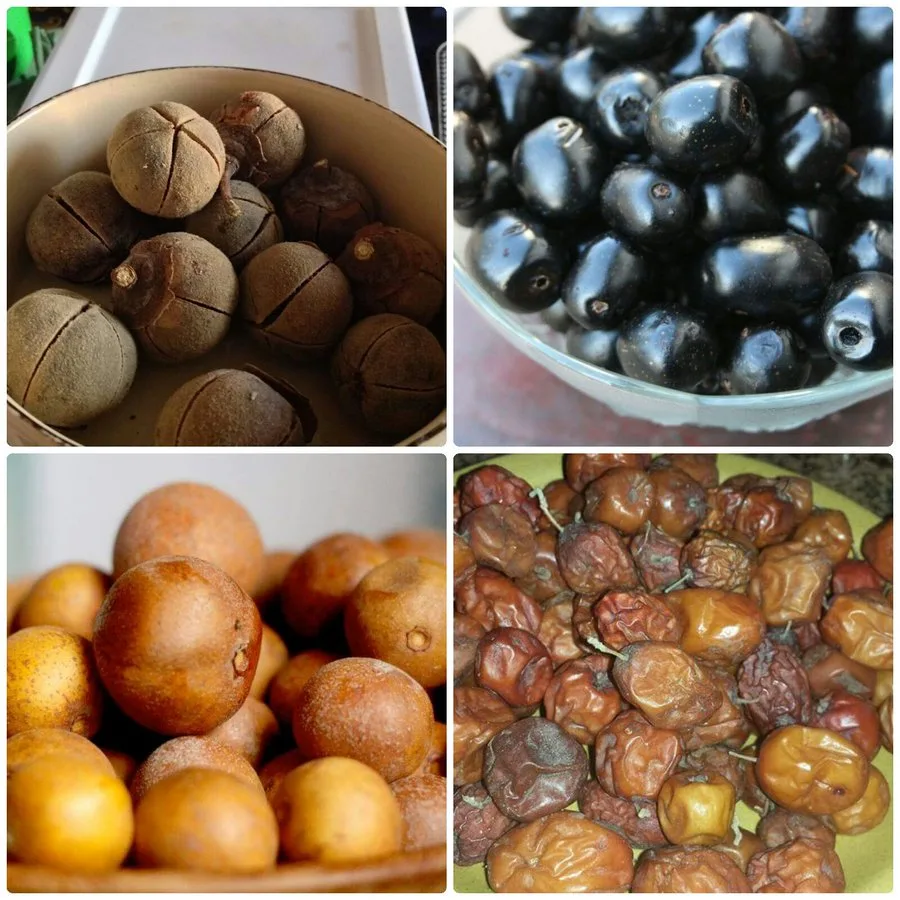Preserving Our Roots: Rediscovering the Nutritional and Cultural Wealth of Indigenous Fruits
In a world increasingly dominated by imported fruits and processed foods, one man is on a mission to bring back the flavours and stories of indigenous fruits to his community. Martin Mlilo, a passionate researcher and author, is writing a groundbreaking book in the Ndebele language, shedding light on the untapped potential of these forgotten natural treasures.
With colourful illustrations depicting various indigenous fruits, Milo’s book aims to educate and inspire readers, particularly the younger generations, about the importance and beauty of these fruits that have long been intertwined with local culture and history.
Mlilo explained his inspiration for writing the book, stating, “Young people who grew up in urban areas don’t know many different types of fruits. That’s why I have even included pictures, so they can identify these fruits and learn about their significance.”

Cultural Influence
Indigenous fruits have played a pivotal role in shaping local culture, serving as a source of inspiration for proverbs and enriching the Ndebele language.
“In our proverbs, we often refer to indigenous fruits,” Mlilo emphasised, “for example, ‘umqokolo wendwangu uvuthelwa emlonyeni’ which translates to ‘If one does not seize an opportunity but waits for an opportune time, one may lose out.”
In addition to their cultural significance, indigenous fruits boast unique characteristics that set them apart from commercially available fruits.
Mlilo explained, “They are organic, not genetically modified like hybrid trees. They grow naturally, free from chemical pesticides and fertilisers.”

Ecosystem Harmony
Furthermore, indigenous fruits contribute to the local ecosystem and biodiversity. Mlilo highlighted, “Some wild animals and birds feed on these fruits, creating a beautiful cycle in our ecosystem. During spring, trees bloom with flowers, attracting bees which produce honey. Monkeys, for instance, consume Umviyo, thus helping in seed dispersal.”
However, the conservation and preservation of indigenous fruits face several challenges.
Mlilo lamented, “Some people need to be educated about the importance of sustainable harvesting. Often, when fruits are picked, the entire tree is destroyed. We need laws that protect fruit trees and regulate harvesting to ensure their longevity.”
The book also holds a treasure trove of interesting stories and folklore surrounding indigenous fruits.
Mlilo shared, “There’s a sense of mysticism and wonder around these fruits. People believe they possess healing properties. We should embrace them not just for their taste but for their potential health benefits.”

Nutritional Superiority
When it comes to nutrition, indigenous fruits surpass their more common counterparts. “They are high in nutrients and organic. Take umgwadi fruit, for example; we make a delicious porridge called isatinini, mixing its juice with a mealie meal. It’s not only tasty, but it’s also nutritious,” Mlilo enthusiastically shared.
In terms of sustainable agriculture and food security, indigenous fruits play a crucial role.
Mlilo emphasised the need to grow these fruits in urban areas, stating, “We can plant indigenous fruit trees in our homes, just like apple and orange trees. They can be grown through seeds, using the same methods as exotic fruits.”
Mlilo hopes his book will dispel misconceptions surrounding indigenous fruits and encourage readers to embrace the cultural heritage and nutritional benefits they offer.
“Many people view eating these fruits as a sign of poverty or a strong rural upbringing. It’s time to change that perception and embrace the goodness they bring,” he said.

Protecting Heritage
To support the cultivation and preservation of indigenous fruits in their communities, Mlilo suggests the implementation of protective laws against tree cutting and the promotion of sustainable harvesting practices. By promoting awareness, individuals can safeguard the natural heritage and ensure future generations can enjoy the wonders of indigenous fruits.
Having researched extensively for his book, Mlilo has encountered surprising facts about indigenous fruits.
“I discovered that indigenous fruit trees can thrive in our homes, just like apples and oranges. That knowledge alone opens up a whole world of possibilities and self-sufficiency,” he shared with excitement.
As readers await for the book, Mlilo hopes after engaging it, they will take away a deeper understanding of indigenous fruits and the cultural and nutritional significance they hold.
Indigenous Fruit
“I pray that people should understand the importance of growing our indigenous fruits and incorporate them into their diet as we do with other fruits. They are not just healthy but a part of our identity,” he concluded.
While there are currently no specific initiatives or organisations dedicated to promoting the knowledge and consumption of indigenous fruits, Mlilo envisions a future where such movements emerge, inspiring individuals to reconnect with their roots and nourish their bodies and souls through these exquisite gifts from nature.
Preserving our roots means cherishing the wealth of our cultural and natural heritage. With passion and dedication, Mlilo’s book is a beacon, guiding us toward a future where indigenous fruits once again grace our tables, enriching our lives and celebrating our collective identity.
#News in Bulawayo #News in Zimbabwe Artist Arts BCC Bulawayo Bulawayo City Council Bulawayo Drugs Bulawayo economy Bulawayo industry Bulawayo news Bulawayo Police Bulawayo Water Bulawayo Water Crisis Bulawayo Women entrepreneurship Business Women Community Culture Currency Drug Abuse Drugs Economy Farmer Farmers Farming Informal Sector Informal Traders MSMEs Music News in Bulawayo News in Zimbabwe Police Police in Bulawayo Vendor Vendors water Water Crisis Water Shortage water supply issue Women entrepreneurship ZESA Zimbabwean economy Zimbabwe news Zimbabwe water crisis ZITF ZRP
Join us for all News in Bulawayo and Bulawayo News in Zimbabwe.










